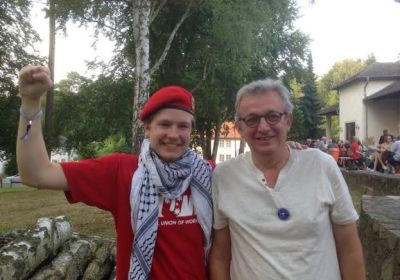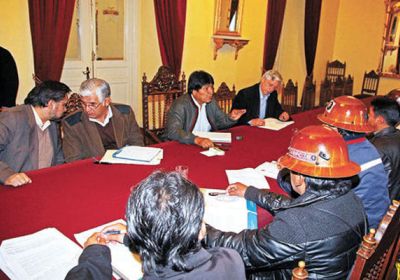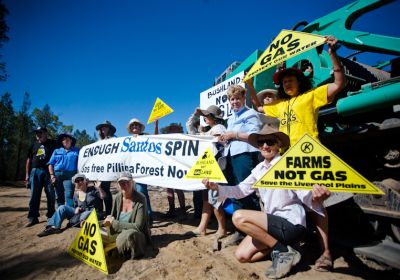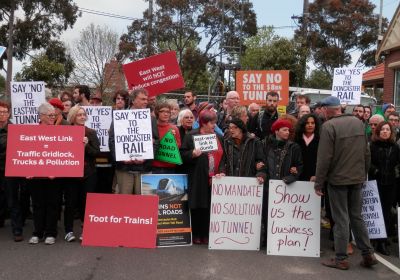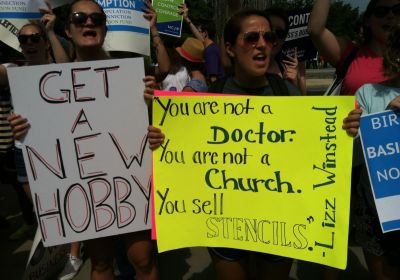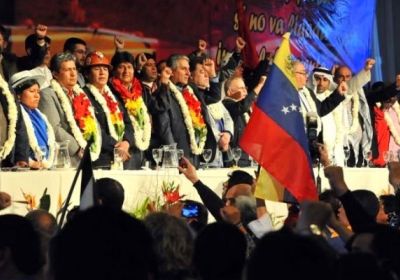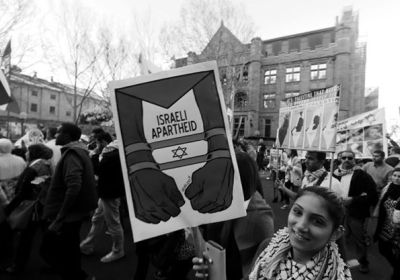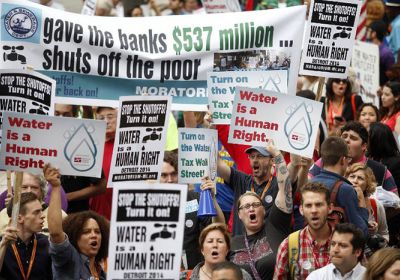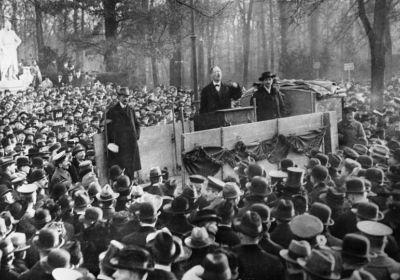
One hundred years ago, fighting broke out among the great powers of Europe, launching what has become known as World War I. The brutal conflict, which lasted more than four years, proved to be a decisive turning point for humanity and the socialist movement — its effects still felt strongly today.
